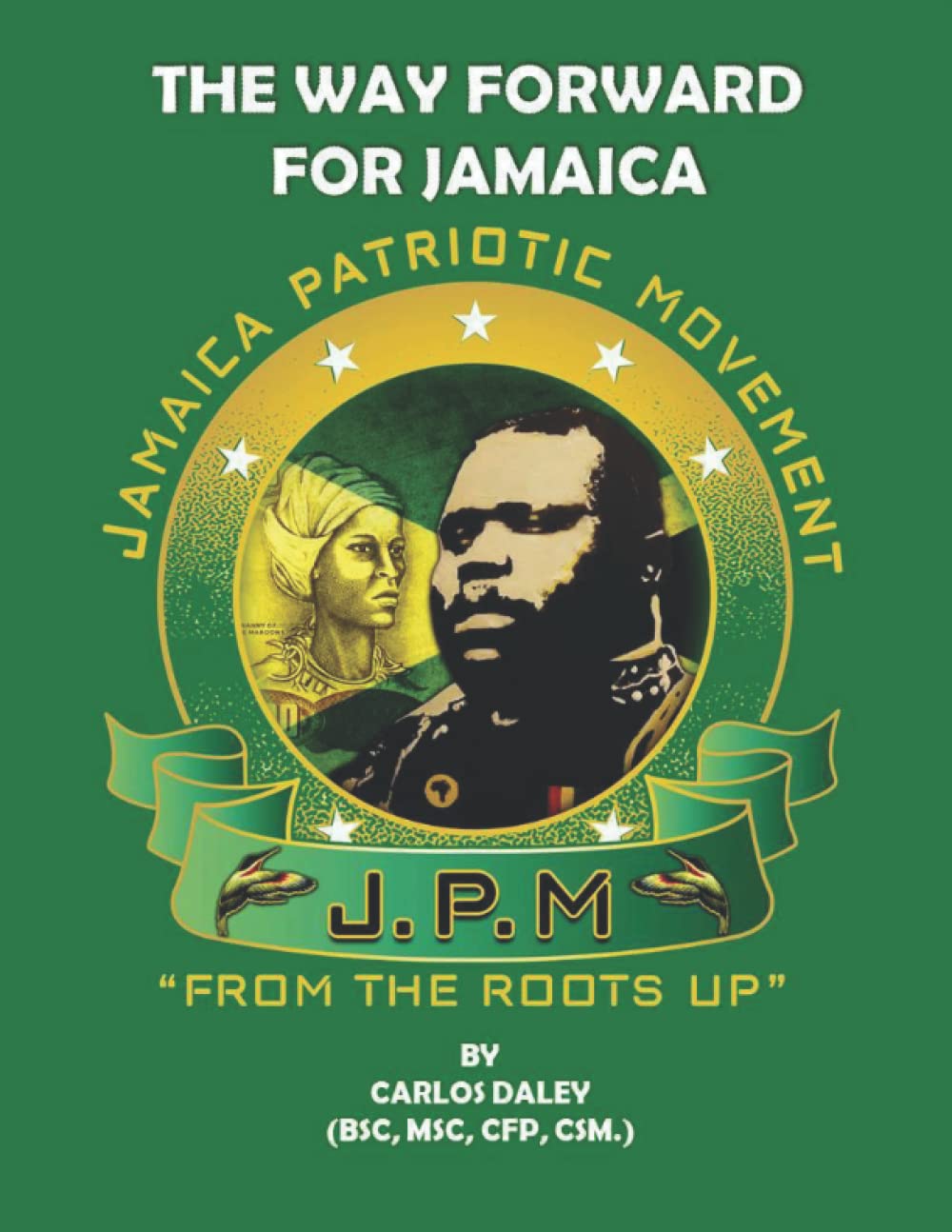Claudia Fonseca Sosa
"TODAY we live in a world characterized by injustice, in which powerful nations have the authority to decide how to use the natural resources of less developed countries and the prices they will pay for them. A world in which the rich are getting richer and the poor poorer."
These comments were made by Wynter Kabimba, General Secretary of the governing Patriotic Front in Zambia, who agreed to converse with Granma during a recent official visit to Cuba.
"Currently, we are facing the phenomenon of globalization, which determines the world's economic order and has converted the planet into a village in which the 'neighbors' live in unequal conditions," Kabimba, also the country's Minister of Justice, stated. He later emphasized that the economic current order should be rebuilt, to better serve social justice.
"In Africa, we have political independence, but this will not be sufficient until we obtain economic independence," he affirmed.
In the context of the world economic crisis, what are the challenges for the progressive government of the Patriotic Front and President Michael Sata?
In the first place, we must take control of our economy. In Zambia, the level of direct foreign investment is high, but, for the most part, it does not contribute to the development of our people and we must remedy this from the legal point of view.
Since the Patriotic Front came to power in 2011, we have focused on four basic foundations for socioeconomic development, looking to increase life expectancy in Zambia.
Education and health care are among the priorities. Then we must assure food security for the population, expand lands under cultivation and improve access to markets for farmers to sell their surplus, which would also contribute to social stability. Another program is related to housing and local government. We would like to sub-divide districts so that government resources are distributed more equitably and so that each community decides its own development priorities.
Has a Zambia without copper been considered?
Historically, we have been a mono-economy exclusively focused on copper production and the population's survival has depended on that. Now we are very closely linked to the growing needs of China – our largest buyer – but the moment will arrive when we have to look for market alternatives and, in the case of Zambia, agriculture is the best option.
Our country has 40% of the water reserves in southern Africa, so just imagine how rich we could become if we shifted all this potential toward agriculture, which is additionally a secure source of food and employment. We must plan in advance, diversify our economy and invest with this in mind.
How do you evaluate the political situation on the continent? Is there terrorism in Africa?
On the African continent we have several crucial spots such as Egypt, Tunisia, Mali, the Democratic Republic of Congo. We share a border with the latter, via which a large number of refugees have entered Zambia, with needs which in many instances we are not in a position to meet.
In the case of Mali, we are concerned as members of the African Union, since the situation there is not only destabilizing the country, but the entire region as well. The question we must ask is who instigated the conflict? In my opinion, it is the Western powers with economic interests, which once again want to control our natural resources. The issue of terrorism in Africa is a smoke-screen, a screen.
What do you think of the integration process in Latin America and the Caribbean?
As part of my university studies, I took a course on Latin American history, a region which has experienced very difficult times, from the days of European colonization through the period of military dictatorships. Today, however, the people of Latin America are uniting in an effort to attain economic independence and to struggle against the multi-nationals which for years took control of their resources.
It has caught my attention that a president such as Ecuador's Rafael Correa, who studied Economics in a capitalist university, has directed his political program toward the people and not the market. Other good examples are Bolivia, Venezuela and Brazil.
In Africa, what we see happening in Latin America and the Caribbean gives us hope. We see that it is possible for the people to defeat imperialist forces. For example, in Venezuela, when the coup d'état was prepared by the CIA, we saw a people pour out into the streets to defend the government they had elected. It's important to understand that what is happening in countries like
Honduras and Paraguay are the exception, not the rule, as was the case in the past.
How are relations between Cuba and Zambia?
Relations between Cuba and Zambia go back to the 1960's. Our recent visit, on invitation from the Party's Central Committee, is meant to revive these historic ties which at one point were weakened. On the basis of the conversations we had with Cuban leaders, we confirmed that this is a good time to redefine our ties.
Zambia's Patriotic Front participated in the 2012 Solidarity with Cuba Conference held in Addis Ababa, Ethiopia, a meeting during which Africa's peoples reaffirmed their support for Cuba's struggle against the blockade and efforts to win freedom for the Cuban Five imprisoned in the United States.
"Our position with respect to the blockade and the Five is one of permanent support. For us, injustice is injustice - be it against Cuba, against Palestine, against the Polisario movement ... You have Zambia as an ally."

